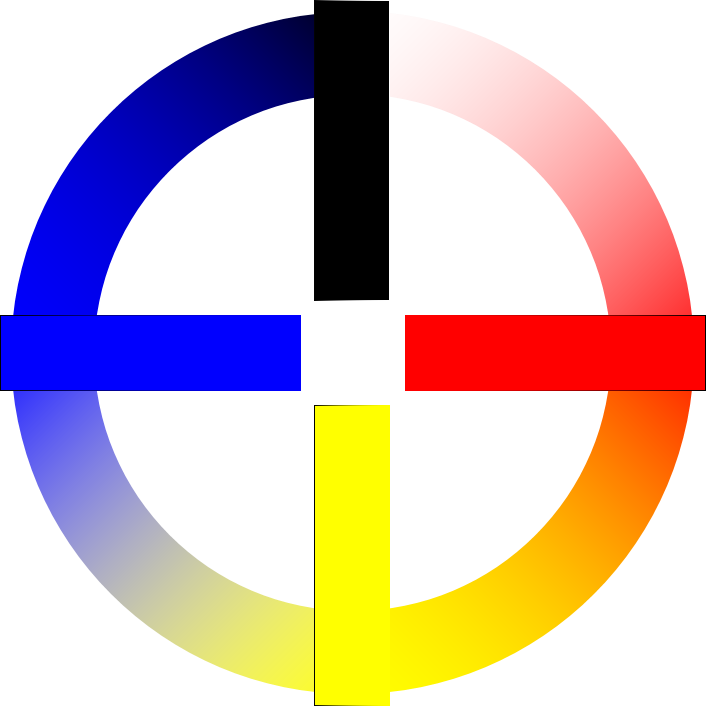Medieval Shoppes 🙵 Population v0.4
Country
Name:
Type:
Leader:
Gender Identity:
male
female
other
[1]
Politics:
Blessing or Magic:
Climate:
Terrain:
Land Area:
mi² =
— km²
Cultural Level:
Country age:
years
Work Ethic:
[min]
[max]
Work Ethic is ▒ on a scale of 1 [low] to 20 [high].
Randomizer
Input a seed number for the randomizer (± 3,000,000):
Note: a seed of 0 creates a random seed:
Note: a seed of 0 creates a random seed:
Create Cities and Towns
Max number of settlements to list:
TBD....
Factors
Climate factor: ...
Terrain factor: ...
Political effect: ...
Magic/Divine effect: ...
Total Population Factor: ...
Population Density: ... ppl/mi²
Work Ethic: ...
hex area: ... mi²
Cultural Level: @
Seed:
First city ppl base: × ( + + 10)
Second city ppl: First City × (( + ) × 10%)
Towns: = Cities × ( + )
Reported Urban Poplulation:
What's that?
Country Summary:
The land of this country is governed by the leader. Diplomats to this land describe it as political. The general attitude towards work is that work is work.
It has a climate with terrain over most of its arable land. There is nothing affecting the fertility of this land.
Using a hexagon mapping system, a land area of square miles amounts to about hexagonal units. Roughly some square miles of this is arable while the rest of the land remains wilderness .
There are castles in this country, of which some are found in the settled and civilized regions and others are found on the borders, wildernesses, and frontiers. In addition, there are castle ruins that are no longer being used. And there are noble households found across the country.
The current mercantile state of this part of the world is what it is.
The following cities and towns are listed along with their primary (over 50%), secondary (about 25%), and tertiary (10% or less) economic markets.
[3]
Cities & Towns:
The largest city has people, and is known for its markets.
The next largest city has people, and is known for its markets.
Large Settlements:
none
Towns:
no towns
